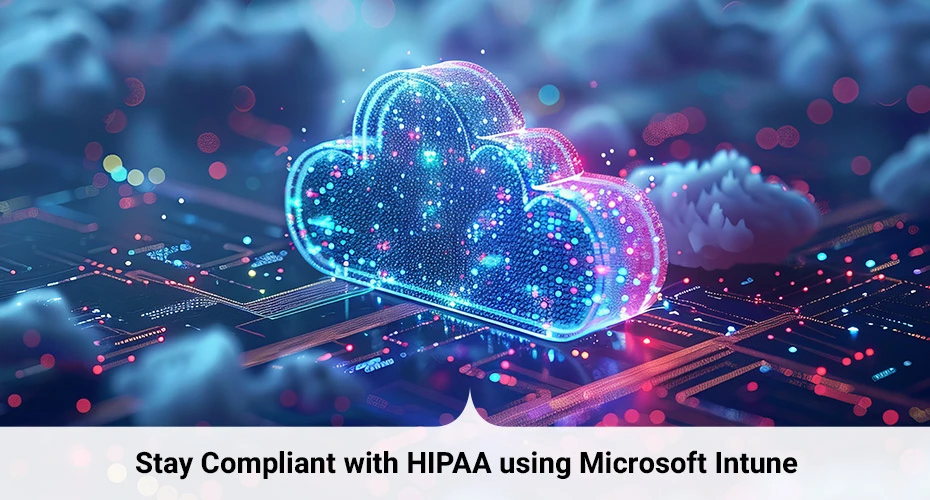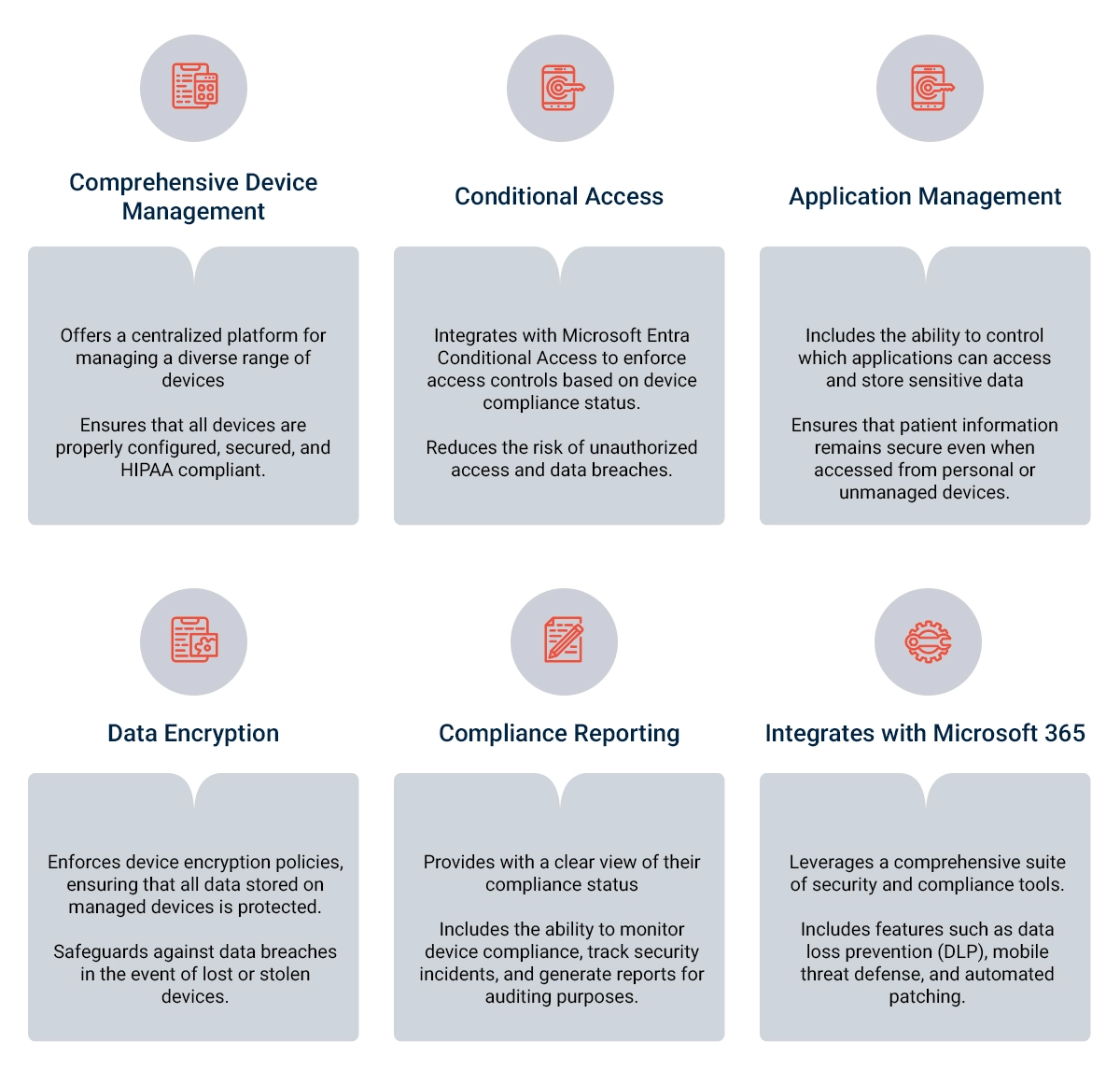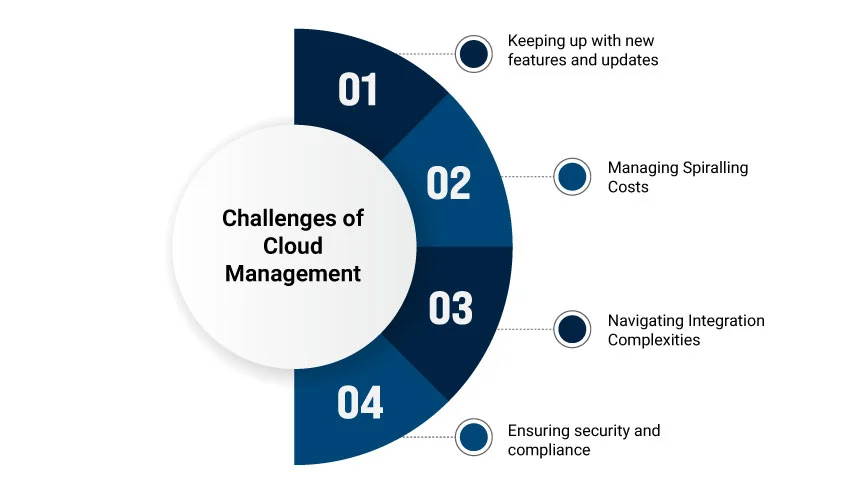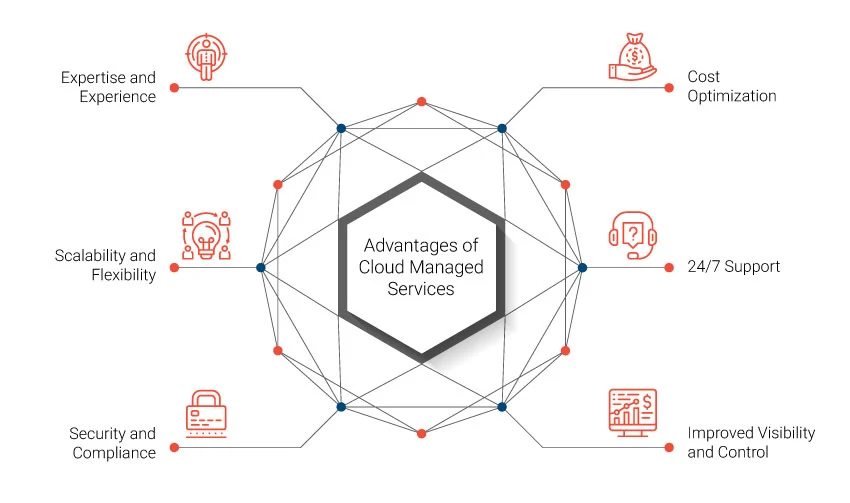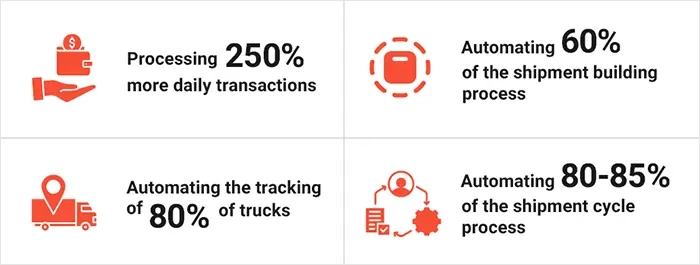Cloud is becoming indispensable! According to Gartner, global public cloud services are set to grow 20.4% to $678.8 billion this year. However, the rapid adoption of cloud computing has led to a significant increase in the complexity of cloud management. This complexity can stem from multi-cloud environments, higher scalability, flexibility demands, security and compliance, etc. As organizations move more workloads to the cloud, they face numerous challenges in managing and maintaining these cloud environments.
Many organizations now partner with multiple cloud providers, leading to a fragmented and difficult-to-manage environment. Cloud resources must be scaled up or down quickly to match changing business needs, which become difficult without proper management. Ensuring the security and compliance of cloud data and applications is crucial, but this requires significant experience and expertise.
For first time cloud adopters, cloud costs can quickly spiral out of control if not properly managed, making it essential to optimize expenses. Organizations must streamline cloud operations and adopt more efficient management strategies to overcome these challenges.
This is where managed cloud services come into play!
Understanding the Challenges of Cloud Management
Cloud computing has revolutionized how organizations manage their IT infrastructure, offering flexibility, scalability, and cost savings. However, managing cloud resources effectively becomes a company’s Achilles heel, requiring careful planning, execution, and ongoing monitoring. Here’s why:
Keeping Up with New Features and Updates
It is difficult for businesses to stay updated and align quickly with the breakneck speed of cloud technology advancements, especially with limited resources or expertise. This can lead to a lack of visibility into cloud usage, making it challenging to optimize cloud resources.
Navigating Integration Complexities
Integrating diverse cloud services and on-premises systems can be a nightmare due to their incompatibility. Companies also face difficulties integrating various data formats from different sources and systems.
Ensuring Security and Compliance
Cloud services pose significant business challenges, including data security and regulatory compliance concerns. Risks include data breaches, ensuring compliance with regulations like GDPR and HIPAA, and maintaining data confidentiality, integrity, and availability.
Streamlining Cost Management
Accurately predicting resource needs in cloud environments is challenging due to fluctuating demand and evolving business requirements. This leads to cost uncertainty and potential overspending. Unexpected usage spikes, lack of visibility into cloud usage, and inadequate budgeting further complicate cost management. Inefficient resource allocation and unclear shared resource costs contribute to wasted expenses. Without clear tracking and proactive measures, businesses may struggle to control cloud spending effectively.
These challenges highlight the importance of careful planning, strategic partnerships, and ongoing management to ensure successful cloud adoption and operation.
How Managed Cloud Services Simplify Operations
Managed Cloud Services can significantly simplify businesses’ operations by providing expertise, seamless integration and migration, enhanced security and compliance, and cost optimization.
Expertise and 24/7 Support
Managed Cloud services provide businesses access to expert professionals with extensive experience managing cloud environments. This expertise ensures that cloud operations are optimized for performance, security, and compliance. Additionally, 24/7 support ensures issues are quickly resolved, minimizing downtime and ensuring business continuity.
Seamless Integration and Migration
Cloud Managed Services simplify integrating and migrating cloud services and on-premises systems through automated integration tools and migration support, ensuring compatibility and interoperability between different systems.
Enhanced Security and Compliance
Managed cloud services provide enhanced security and compliance measures to ensure data confidentiality, integrity, and availability through robust security measures and compliance support. This includes continuous monitoring of cloud environments for security threats and risks, ensuring swift identification and resolution of any issues.
Cost Optimization
Cloud Managed Services simplify cost optimization by providing predictable expenses and cost transparency, enabling businesses to budget effectively and track expenses. Additionally, efficient resource allocation helps reduce waste and improve overall cost management.
Key Features of Effective Managed Cloud Services
Effective managed cloud services provide robust security measures, ensuring compliance with industry standards and protecting against cyber threats. They also offer continuous monitoring and management, scalability and flexibility, support and maintenance, and cost-effective solutions, ensuring high availability and reliability. Here’s how:
Scalability and Flexibility
Cloud Managed Services help companies accommodate changing business needs by leveraging scalability and flexibility. These services include scalable cloud resources, various deployment options across public, private, and hybrid clouds, and support for multiple cloud providers to minimize vendor lock-in.
Customization and Personalization
Effective managed cloud services offer customization and personalization to meet each business’s requirements, including tailored solutions, personalized support from experienced professionals, and configurable services.
Comprehensive Reporting and Analytics
Managed cloud services deliver comprehensive reporting and analytics, offering real-time visibility into cloud usage and performance through customizable reports and data visualization tools.
Proactive Monitoring and Management
Managed cloud services involve continuous monitoring of cloud resources, automated remediation of issues to minimize downtime, and proactive maintenance tasks such as software updates and patches to ensure security and uptime.
By incorporating these key features, effective managed cloud services can provide businesses with a reliable, secure, and efficient cloud environment that meets their unique needs and supports their growth and success.
Choosing the Right Cloud Managed Service Provider
Choosing the right Cloud Managed Service Provider is crucial for ensuring cloud operations’ reliability, security, and efficiency. Here are vital considerations to help you make an informed decision:
Assessing Expertise and Experience
- Ensure the provider has experience in AWS or Azure Cloud Managed Services and your specific industry.
- Make sure they understand your unique challenges and requirements.
- Verify that the provider can effectively manage your hybrid cloud environment, meeting security and interoperability requirements.
- Check if the provider has the necessary third-party certifications to address your compliance and security concerns.
Evaluating Service Offerings and SLAs
- Choose a provider that offers a full range of managed services, including infrastructure maintenance, optimization, and security.
- To ensure transparency and control, scrutinize SLAs for uptime guarantees, refund policies, and customer support response times.
- Evaluate the provider’s ability to customize services based on your specific needs and offer flexible pricing models.
Considering Cost and Value
- Evaluate the provider’s pricing structure and billing practices to avoid hidden costs and ensure transparency in your monthly statements.
- Assess the provider’s ability to offer additional services that enhance your cloud operations, such as automation and resource optimization.
- Ensure the managed service provider’s capabilities align with your business needs and provide a strong return on investment.
Get to Faster, Smarter, and Simplified Managed Cloud Operations
Companies seeking to fully leverage the cloud often struggle to overcome the challenges and costs of managing their IT infrastructure. However, outperformers have demonstrated the key strategies for success. By simplifying and streamlining processes, freeing up resources, and outsourcing day-to-day management, businesses can:
- Reduce expenses and allocate resources more effectively.
- Free up time and energy to drive business growth and innovation.
- Ensure reliability, security, and efficiency.
With Synoptek’s Cloud Managed Services, you can leave the complexities of managing workloads to us, allowing you to focus on strategic business initiatives and capture the full benefits of cloud computing.




